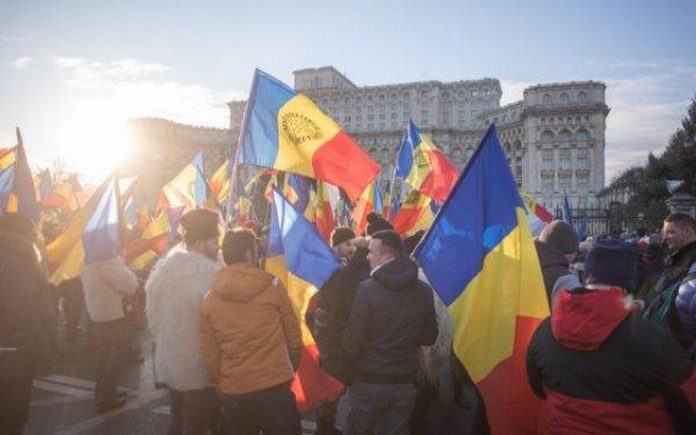Some 700 law enforcement employees – police, prison personnel and court registrars – are protesting on Tuesday, starting at 11:00 a.m., in front of the Parliament, unhappy with the change of the pensions for the military personnel and for court clerks, write Agerpres.
The protesters also request the removal of all pay inequities, arrears, caps and deferrals imposed by the government of Romania since 2010.
„The pensions issue is at the top of the list. The bill cleared yesterday the Chamber of Deputies and was referred to the Senate with rather brutal amendments: the retirement age rises, the calculation base decreases, the concept of military pension is rescinded and most likely the attractiveness of positions in the sector will be all gone. Finding candidates was already very difficult. I saw police hiring contests, they don’t come anymore. It will be complicated, as there is already a shortage of personnel – roughly 30 percent of the positions are vacant and we are unable to fill them, especially now, as the vacant positions are also suspended. We are struggling with memoranda, so things will slowly go south. This is the final blow they are giving us,” president of the National Union of Penitentiary Police (SNPP) Stefan Teoroc told AGERPRES.
The European Police Union – Europol, the National Union of Penitentiary Police – SNPP and the National Union of Court Registry Services – Dicasterial, with a total of 25,000 members and affiliated with the Publisind Federation and the National Trade Union Bloc announced in a statement that they were to mount a protest on Tuesday in front of the Romanian Parliament – the Chamber of Deputies.
The trade unionists consider that prior to modifying the retirement conditions, the Romanian state should have adopted measures to improve working conditions, standardize the work of the personnel, earmark appropriate financing for the judicial system, resize staffing schemes in order to ensure a normal functioning of the courts and prosecutor’s offices, but also a pay in concordance with the specific activity of the judicial system, which is subject to a strict regime of prohibitions, incompatibilities and restrictions on civil rights and freedoms.




